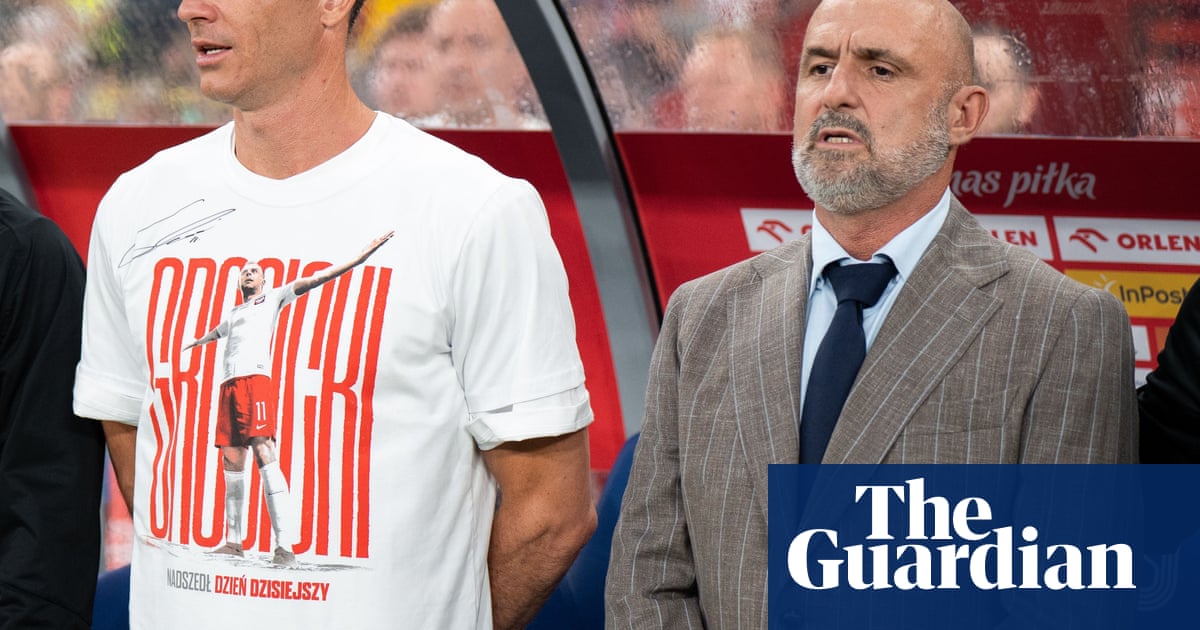The recent news about Robert Lewandowski's refusal to play for the Polish national team under the current coach Michal Probierz highlights significant tensions within the national team and raises questions about leadership dynamics in sports. This situation is not only a personal issue but also reflects broader implications for fans and stakeholders in Polish football.
Trust and Leadership in Sports
Lewandowski's announcement stems from a "loss of trust" in coach Probierz, which is a serious accusation that suggests deeper problems within the team structure. The decision to replace him as captain with Piotr Zielinski, along with the timing of the announcement, indicates potential discord between the player and the coaching staff. Such conflicts can undermine team morale and performance, which is a crucial aspect for national teams, especially in the lead-up to significant matches.
Public Sentiment and Fan Reaction
The narrative crafted by Lewandowski's statement appeals to the emotions of fans, portraying him as a devoted player who values the team and its supporters. By emphasizing his desire to play for "the best fans in the world," he positions himself as aligned with public sentiment, likely gaining sympathy and support from the fan base. This could serve to rally public opinion against the coach, positioning Lewandowski as a hero fighting for the team’s honor.
Potential Concealment of Broader Issues
While the focus is on Lewandowski's decision, there may be underlying issues within the Polish Football Association or the coaching strategy that are not being addressed in the public discourse. This could include disagreements about team strategy, player selection, or even political influences within the sport. Such complexities are often obscured in media coverage, leading to a simplified narrative that focuses on individual conflicts.
Comparative Context and Media Representation
In the broader context of sports journalism, this story fits into a pattern of highlighting player-coach conflicts, which often garners significant media attention. It reflects a tendency in sports news to dramatize personal disputes for audience engagement. Such narratives can create a sensational image of the sport and its personalities, impacting how fans perceive both players and coaches.
Societal and Economic Implications
The fallout from this news could affect the Polish national team’s performance in upcoming matches, which in turn can influence public interest and economic factors related to sponsorship and merchandise sales. A divided team could lead to poorer performances, diminishing fan engagement and investment in the sport. The implications extend beyond the pitch, potentially affecting local economies tied to national games and events.
Audience Targeting
This news likely resonates with sports fans, particularly those invested in Polish football and Lewandowski’s career. It may appeal more to younger fans who are more engaged with social media narratives and player personas. The emotional stakes involved in Lewandowski’s decision can galvanize support from his loyal followers, while also drawing criticism from those who may support the coaching staff.
Market Impact and Broader Consequences
In terms of market influence, while this news may not directly affect stock prices, it does highlight the volatility of team dynamics that can impact sponsorship deals and merchandise sales. Investors in sports-related businesses are likely to monitor the situation closely, as a strong national team performance can enhance brand visibility and profitability.
Geopolitical Relevance
This incident doesn't have immediate geopolitical implications, but it reflects the intersection of sports and national identity, particularly in countries where football plays a significant role in cultural expression. It serves as a reminder of how sports can reflect and influence societal values and conflicts.
The article appears to be well-sourced, presenting direct quotes from Lewandowski and official statements from the Polish Football Association. However, the motivations behind Lewandowski's departure and the coach's decision-making remain somewhat ambiguous. Overall, while the article presents factual information, the framing of the narrative suggests an underlying agenda to highlight player empowerment against authority.
